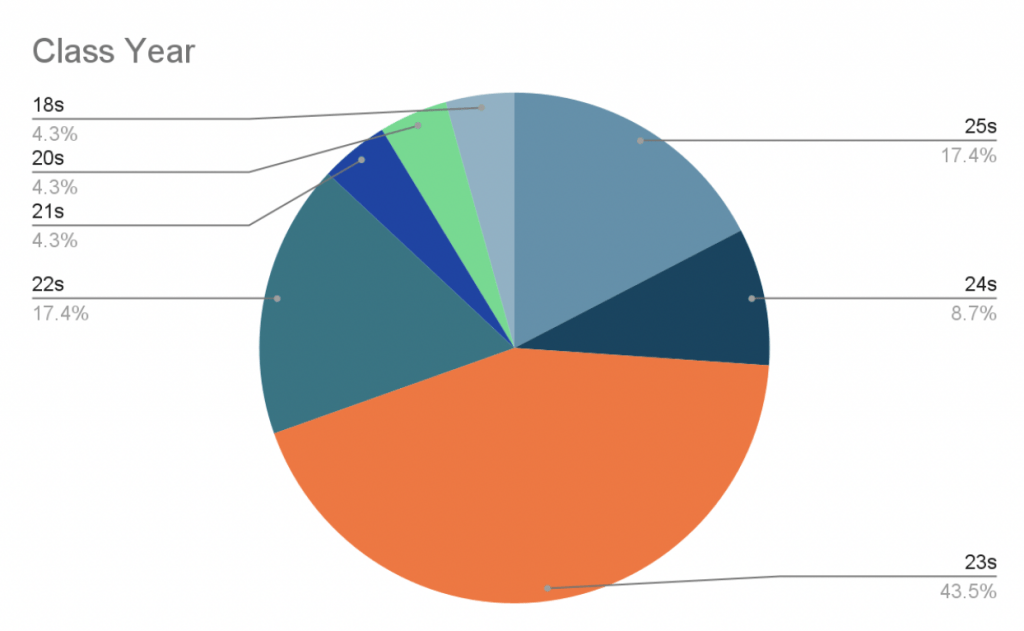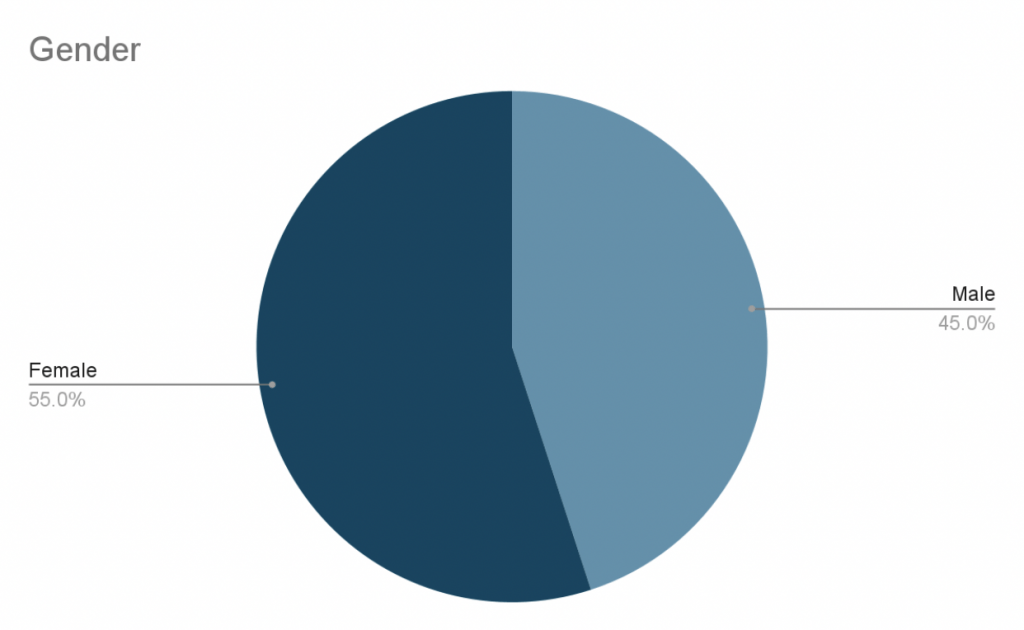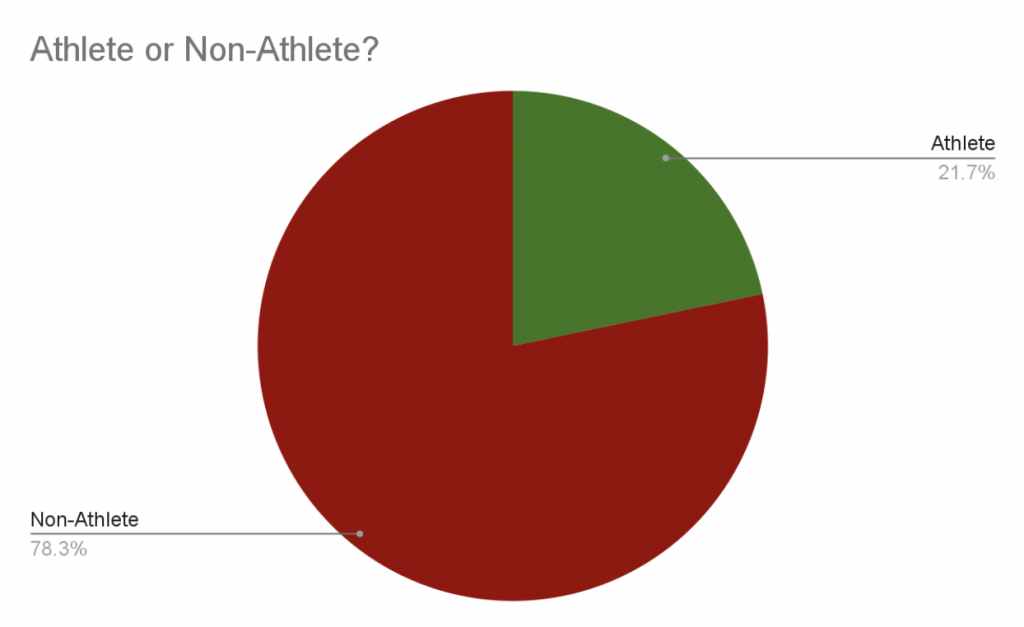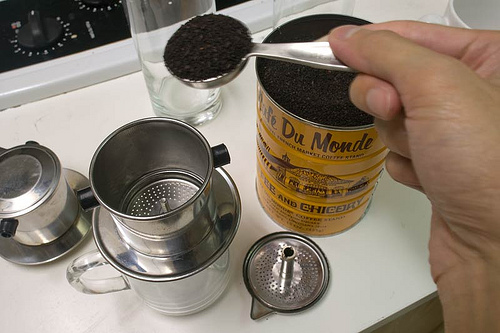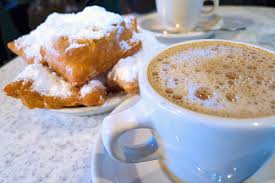General Information
Informant: MC
Place: Dartmouth College
Date: October 21st, 2021
Form of Folklore: Verbal Folklore
Title: Dartmouth Dictionary
Collector: Maria Angelino
Informant Data
The informant is in the 2024 graduating class at Dartmouth and participates in a variety of clubs on campus- including FORT and ABS. She is majoring in Psychology and is looking to do pre-med. She was born and raised in Georgia. She has a little sister and is very close with her family.
Contextual Data
Social Data: The folklore was collected through an interview with the informant. Throughout her first term at Dartmouth, she learned different abbreviations or made-up words that Dartmouth students used to shorten the title of different buildings, materials, or events. “Dartmouth Slang” is usually learned throughout one’s first term on campus by interacting and having conversations with upperclassmen. The folklore is conducted all the time, in normal conversation or over social media platforms.
Cultural Data: Dartmouth is located in the very rural, secluded town of Hanover, New Hampshire. The undergraduate population is usually around 4,000 students, and these students normally do not leave the campus often. The nearest big city is Boston, MA, which is two hours away. For this reason, students have created their own bubble within the Dartmouth community and over the years developed a language of their own.
Transcript:
Collector: “Are there any other traditions we haven’t discussed that you think are important to fall of freshman year at Dartmouth ?”
Informant: “The thing I will never forget about my freshman fall is hearing words that I’ve heard before. I could tell they were abbreviations for things, but I would always have to ask what they meant. BEMA, FFB, FOCO, Frackets, Tails, Lines (for pong), Flitz, Blobby- those were just a few of the many different words Dartmouth students used in casual conversation. Once I learned them, I felt like I had to use them when I was referencing that building or item because that is how everyone else talked about it. I remember talking with family and friends at home about Dartmouth and frequently used the slang, and they would have no idea what I was talking about. They would make fun of it- saying it was a classic “Ivy League Student move”- but I think it is kinda cool that we’ve created our own bubble here. The slang is just one tradition of the many that makes this place so unique. “
Collector’s Comment:
The creation of verbal folklore by the Dartmouth students illustrates a lot about the culture on campus. The small, close-knit community of students developed their own way to talk about their surroundings and things that are specific to life as a Dartmouth student.

